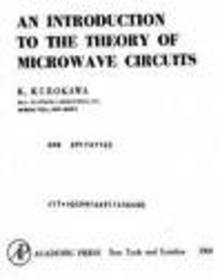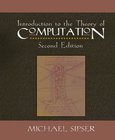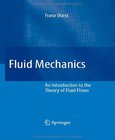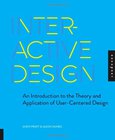Introduction to the Theory of Microwave Circuits

Book Details:
| Publisher: | Academic Press |
| Series: | Academic Press |
| Author: | K. Kurokawa |
| Edition: | 1 |
| ISBN-10: | 0124295509 |
| ISBN-13: | 9780124295506 |
| Pages: | 445 |
| Published: | Mar 07 1969 |
| Posted: | Nov 19 2014 |
| Language: | English |
| Book format: | |
| Book size: | 18.65 MB |
Book Description:
In Chapter 1, some of the topics in the conventional circuit theory are reviewed, which have particular importance in the theory of microwave circuits. There include the theory of transmission line, bilinear transformations, and power waves. Chapter 2 gives a review of vector analysis and the fundamental properties of electromagnetic fields to facilitate our later study. In Chapter 3, waveguides are discussed for the first time. Here, the eigenvalue problem is studies in detail including the completeness of eigenfunctions. Without the discussion of the completeness, the theory is only partially correct since no answer is given to certain fundamental questions such as why an exponential variation with distance is assumed for each mode and no other possible functional form is considerer. Chapter 4 discusses resonant cavities using a similar eigenfunction approach. In Chapter 5, various properties of waveguide junctions are discusses using matrices. Matrices are introduced since the multitude of symbols and lengthy expressions, which would otherwise be necessary,, could interfere wirh our concentration on the heart of a problem. Just as vectors do, matrices help in studying relatively complex problems, systematically. Chapter 6 discusses two phenomena: electromagnetic fields in cavities. Each illustrates an interesing application of eigenvalue problems. Chapter 7 is a study of linear amplifiers. The central topic is their noise performance. In Chapter 8, we discuss a circuit-theoretical analysis of electron beams which clarifies a number of properties of practical interest. Finally, Chapter 9 contains a discussion of oscillators. Although osciallators are inherently nonlinear, some of their important properties are studies here without specifying the details of the nonlinearity.
Download Link:
Related Books:
Introduction to the Theory of Computation
2nd Edition
This highly anticipated revision builds upon the strengths of the previous edition. Sipser's candid, crystal-clear style allows students at every level to understand and enjoy this field. His innovative "proof idea" sections explain profound concepts in plain English. The new edition incorporates many improvements students and professors have suggested over the years, and offers updated, classroom-tested problem sets at the end of each chapter....
Fluid Mechanics
An Introduction to the Theory of Fluid Flows
Fluid mechanics embraces engineering, science, and medicine. This books logical organization begins with an introductory chapter summarizing the history of fluid mechanics and then moves on to the essential mathematics and physics needed to understand and work in fluid mechanics. Analytical treatments are based on the Navier-Stokes equations. The book also fully addresses the numerical and experimental methods applied to flows. This text is specifically written to meet the needs of students in engineering and science. Overall, readers get a sound introduction to fluid mechanics....
Interactive Design
An Introduction to the Theory and Application of User-centered Design
User experience design is one of the fastest-growing specialties in design. Smart companies realize that the most successful products are designed to meet the needs and goals of real people - the users. This means putting the user at the center of the design process.This innovative, comprehensive book examines the user-centered design process from the perspective of a designer. With rich imagery, Interactive Design introduces the different UX players, outlines the user-centered design process from user research to user testing, and explains through various examples how user-centered design has been successfully integrated into the design process of a variety of design studios worldwide....
2007 - 2021 © eBooks-IT.org



